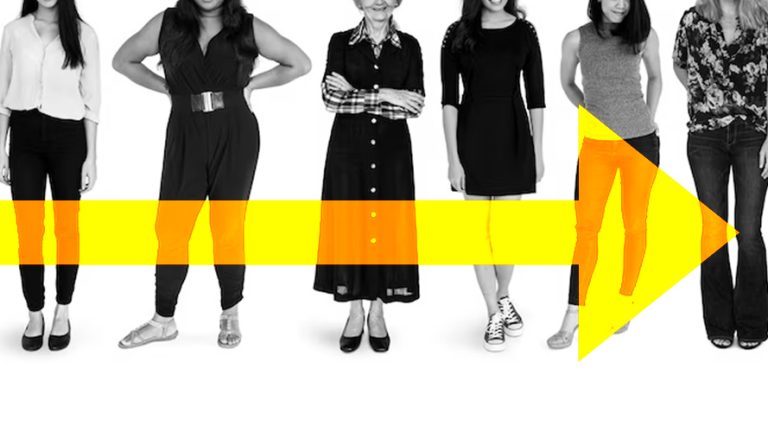Women in tech are still facing the gender gap in the STEM sector. The top 5 women in AI, ML, and robotics
Robotics, machine learning, and artificial intelligence (AI) have all seen tremendous growth in recent years. Despite this expansion, there are still not enough women in tech. There is a sizable gender gap in the STEM sector and women are still underrepresented in the tech industry. Because it might result in biased and discriminating technology, the lack of diversity in AI, ML, and robotics is a serious problem. A varied workforce, including women, is necessary for the creation of more inclusive and diversified technology.
Women also contribute distinct viewpoints and ideas to the sector, which can result in more creative and efficient solutions. The gender gap in AI, ML, and robots has been the subject of several projects. The purpose of these programs is to give women the chance to enter and succeed in these industries. Raising the number of tech women working in these disciplines will help close the gender gap and advance the development of inclusive and equitable technology. In this article, we’ll look at the top five women in AI machine learning, and robotics that are currently making waves in their professions.
1. Fei-Fei Li
Professor and computer scientist Fei-Fei Li work at Stanford University. She is a pioneer in the area of computer vision, a crucial element of artificial intelligence and machine learning. Li is also a co-director of the Stanford Vision and Learning Lab and the Stanford Artificial Intelligence Laboratory. Her research focuses on creating algorithms for natural language processing, object recognition, and image categorization. She established AI4ALL, a nonprofit with the mission to promote inclusion and diversity in the AI industry, in 2018.
2. Cynthia Breazeal
Professor and roboticist Cynthia Breazeal work at the Massachusetts Institute of Technology (MIT). In MIT’s Media Lab, she founded and oversees the Personal Robots Group. Breazeal is renowned for her work on social robots, which are created to communicate with people in a manner akin to how we do. She has created some robots, including the well-known Kismet robot that can understand and respond to human emotions.
3. Yoshua Bengio
Professor at the Université of Montreal and computer scientist Yoshua Bengio. In the area of deep learning, a branch of machine learning that entails teaching neural networks to learn from data, he is a major researcher. Deep learning algorithms, particularly those used in speech and image recognition, have benefited greatly from Bengio’s important contributions to their development.
4. Shwetak Patel
Professor at the University of Washington and computer scientist Shwetak Patel. The University of Washington’s Ubicomp Lab, which concentrates on creating technologies that may be incorporated into everyday situations, was founded by him. Patel’s research focuses on the creation of wearable devices that can measure health and wellness information as well as sensors and algorithms for monitoring and analyzing building energy consumption.
5. Anca Dragan
Assistant professor and roboticist Anca Dragan works at the University of California, Berkeley. To make robots that can collaborate with people more successfully, her study focuses on creating algorithms for human-robot interaction. Dragan’s work has included the creation of algorithms that can forecast human behavior and modify a robot’s actions following that prediction, as well as the creation of robots that can absorb knowledge from human feedback.
To sum up, these women are dismantling gender barriers in the domains of artificial intelligence, machine learning, and robotics and have significantly influenced the advancement of these technologies.






Add comment